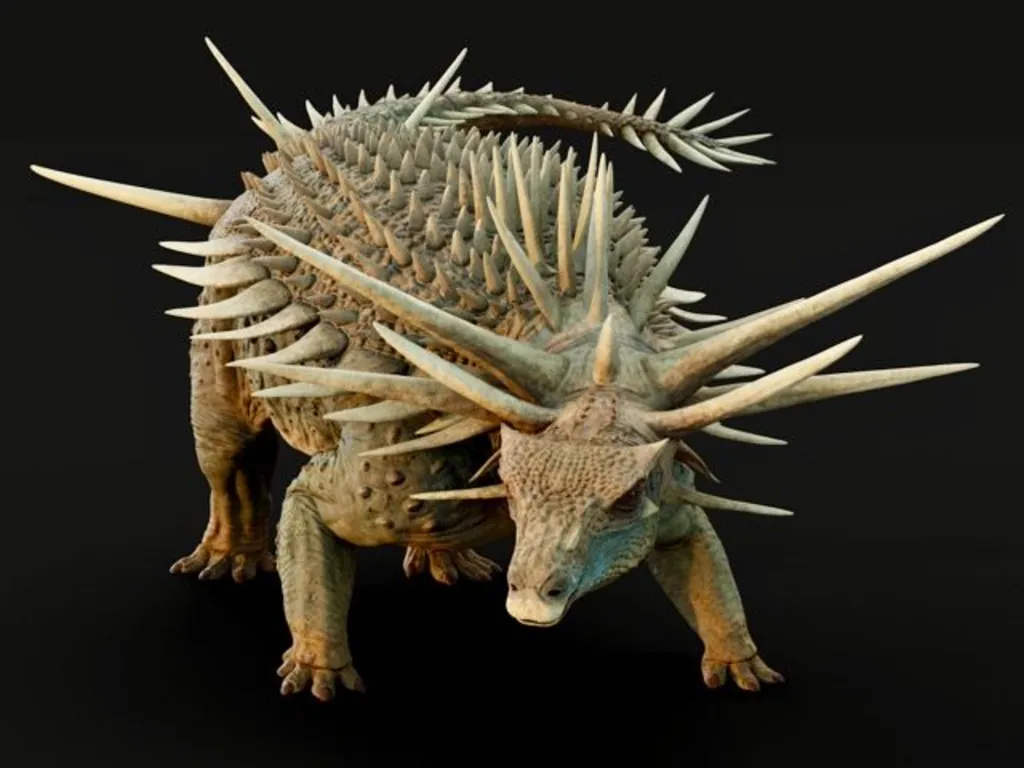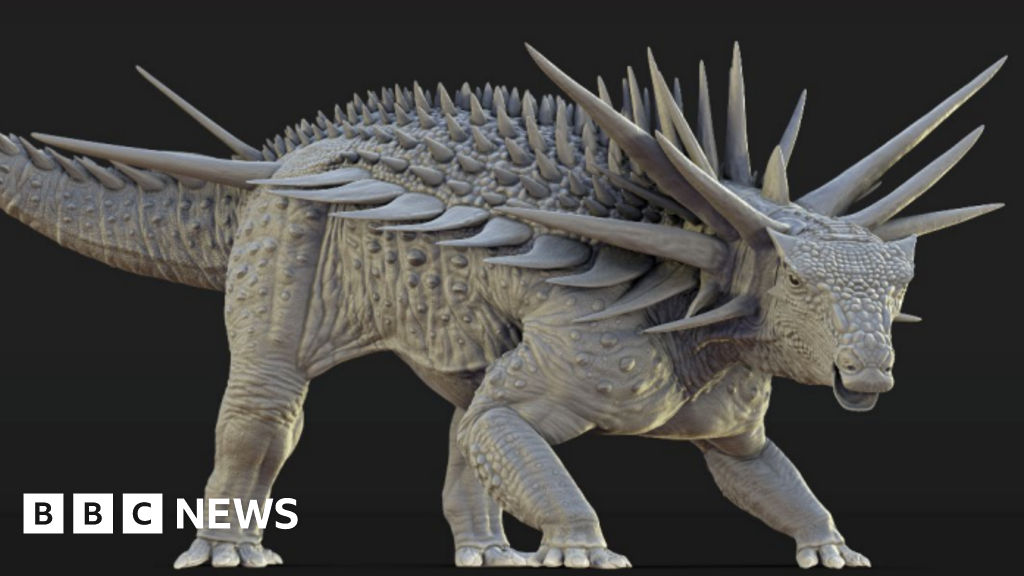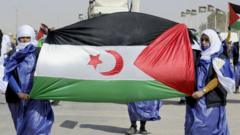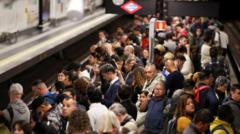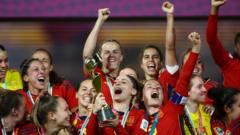Moroccan families have long celebrated Eid al-Adha, known as the Feast of Sacrifice, with communal prayers and joyous feasting, including lamb and mutton as customary dishes. However, due to skyrocketing prices and diminishing incomes, many find themselves unable to afford the essential sheep for the celebration. Responding to the dire situation, King Mohammed stressed the importance of recognizing the economic and climatic challenges affecting his people.
In a heartfelt letter delivered by Ahmed Toufiq, the Islamic affairs minister, the king stated, “Performing it under these difficult circumstances would cause certain harm to large segments of our people.” He expressed his intention to carry out the sacrificial rites on behalf of the Moroccan populace, acknowledging the significant decrease in livestock due to the prolonged drought affecting the country.
The grim conditions have seen rainfall plummet by 53 percent compared to the last three decades, contributing to diminished harvests and increasing food prices. The king's plea signifies an understanding of these hardships and reflects his commitment to his people’s welfare over traditional expectations.
In addressing the nation, King Mohammed highlighted the importance of the Eid celebration while also considering the financial burdens many families face. His remarks have resonated deeply, offering solace to citizens feeling torn between their cultural practices and economic realities as the festive season approaches.
In a heartfelt letter delivered by Ahmed Toufiq, the Islamic affairs minister, the king stated, “Performing it under these difficult circumstances would cause certain harm to large segments of our people.” He expressed his intention to carry out the sacrificial rites on behalf of the Moroccan populace, acknowledging the significant decrease in livestock due to the prolonged drought affecting the country.
The grim conditions have seen rainfall plummet by 53 percent compared to the last three decades, contributing to diminished harvests and increasing food prices. The king's plea signifies an understanding of these hardships and reflects his commitment to his people’s welfare over traditional expectations.
In addressing the nation, King Mohammed highlighted the importance of the Eid celebration while also considering the financial burdens many families face. His remarks have resonated deeply, offering solace to citizens feeling torn between their cultural practices and economic realities as the festive season approaches.





